Carson City Patent Attorneys & Lawyers
How it Works
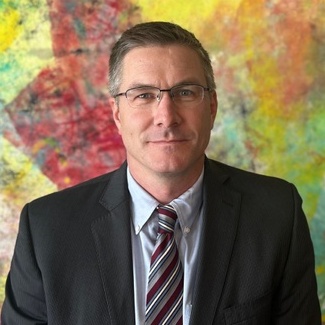
Ross Brandborg
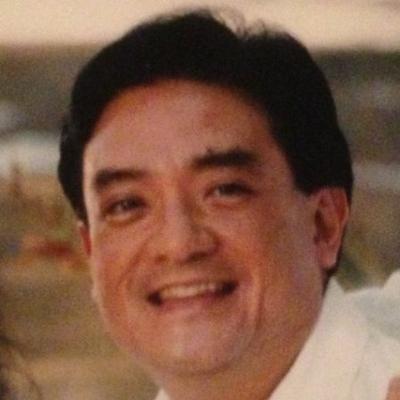
David Yamaguchi
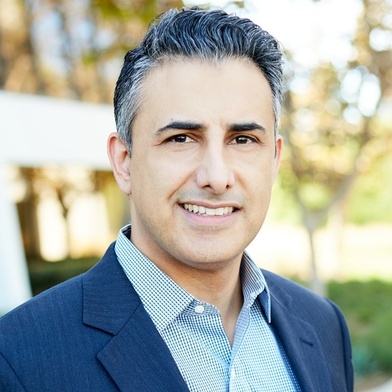
Ali Shalchi

Eric Alspaugh

Joel Douglas
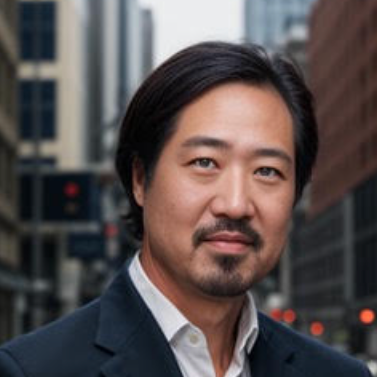
Gene Rhough
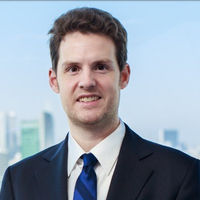
Samuel Pierce

Niq Howard
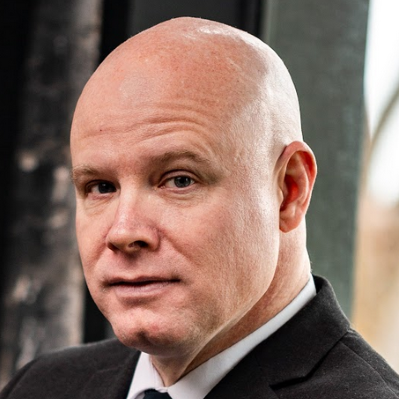
Ken Emanuelson

Michael Ansell
Carson City Patent Lawyers
Why use UpCounsel to hire a Carson City Patent Attorney?
Average experience
You always get experienced professionals and high caliber work.
Faster
Your work gets done quickly because professionals are always available.
More cost effective
We use technology to cut traditional overhead and save you thousands.
UpCounsel has been talked about in:
Legal Services Offered by Our On-Demand Carson City Patent Attorneys
Our experienced Carson City patent attorneys & lawyers represent individuals and businesses throughout the world with domestic and foreign patent preparation and prosecution matters. They have extensive experience handling applications from nearly every sector of technology, including biotechnology, computer hardware and software, communication networks, internet systems and methods, automotive, medical equipment, construction technology, consumer electronics, and clean technology research and development.
Our patent attorneys are of the most highly trained in the industry, requiring a scientific background, and passing a second level of testing known as the Patent Bar Examination. Thousands of patents are submitted to the patent office every day and a patent committee reviews each patent for its validity. The process requires that correctly drafted documentation present a clear case for the novelty of the invention, which is best made by a patent attorney with a higher education background in your industry.
Our Carson City patent attorneys & lawyers can help you file a provisional patent, which lasts for 1-year and allows you to immediately begin using/manufacturing your invention with the confidence that your idea is protected. These types of patents are great if you think your idea will change a lot over the next year before you file a (non-provisional) patent. These patents are easier to obtain and are less expensive but you should have a patent lawyer review your provisional patent application to insure that you are meeting your objectives when you file your patent.
Improve Your Legal ROI with Affordable Patent Attorneys that service Carson City, NV.
What Our Customers Have to Say
"UpCounsel gives me access to big-firm lawyers minus the big-firm price tag. I work with several attorneys on the platform and there are never surprises...I always receive quality legal work at competitive rates that larger firms simply cannot match."
"Every startup needs to know about UpCounsel. We found great attorneys at great prices and were able to focus our resources on improving our business instead of paying legal bills."
"Before UpCounsel it was hard for us to find the right lawyer with the right expertise for our business. UpCounsel solves those problems by being more affordable and helping us find the right lawyer in no time."
This is the most recent 19 reviews out of 24 reviews for Patents attorneys in Nevada

Patent Consultation
"Gene was great to work with - very knowledgeable and helpful throughout the process, offering great advise to make sure I was protected and that everything was in order."
Brian F
.
Henderson,
NV,
over 2 years ago

Response to USPTO Office Action (Patent) Services
"Extremely responsive attorney, clear communication, and pleasure to work with."
Mike F
.
Saratoga,
CA,
almost 3 years ago

Draft Response to USPTO Office Action (Patent)
"Great IP attorney. Really knows what to do."
Jack B
.
Las Vegas,
NV,
over 3 years ago

Draft Response to USPTO Office Action (Patent)
"I couldn’t have asked for a better Patent Attorney! Jason really becomes involved in his work and tries to get it right, instead of “kicking the can down the road” like other lawyers sometimes do. If you need help with IP, I highly recommend Jason Nolan!"
Jake M
.
Boulder City,
NV,
about 4 years ago

Conduct Patent Search
"As good as they come. He is incredibly patient and understanding. Very fair on pricing and is an absolute pleasure to work with. I will continue to work with Ross and use him as a great legal resource."
Kc K
.
Gardnerville,
NV,
over 4 years ago

Patent Infringement Consultation
"Aaron was responsive and as importantly gave us the information we needed to address a possible patent infringement."
Mike S
.
Henderson,
NV,
almost 5 years ago

File Utility Patent
"I appreciate the help Alexis provided, helping me file a Non-Provisional Patent. Everything went smoothly. I highly recommend Alexis Saenz, if you need help protecting your Intellectual Property!"
Jake M
.
Boulder City,
NV,
over 6 years ago
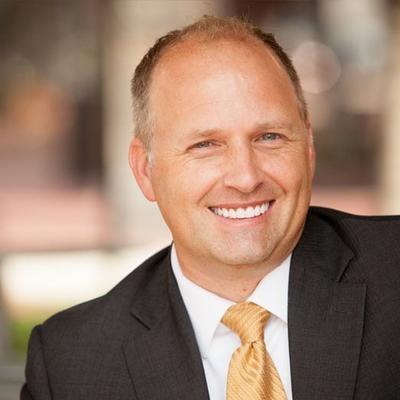
Assist with Other Patent Matter
"Richard is very knowledgeable in IP, it was great working with this!"
Whitney S
.
Las Vegas,
NV,
over 6 years ago

Conduct Patent Search
"Excellent, quick and responsive. Great work."
Michael G
.
Las Vegas,
NV,
almost 7 years ago

Convert Provisional into Non-Provisional Patent
"Alexis did a great job guiding me on options and timing of our trademark and patent initiatives. He proved to be a great asset to our company."
Robert F
.
Las Vegas,
NV,
about 7 years ago

File Design Patent
"The Eldredge Law Firm, LLC provided exceptional service and assistance in the timely filing of my USPTO Application seeking Design [ornamental] Patent Registration for my Signature Style product"
Jim L
.
Las Vegas,
NV,
about 7 years ago

Conduct Patent Search
"I have nothing but awesome things to ay about Kanika and her team. Excellent experience!"
Mike O
.
Las Vegas,
NV,
over 7 years ago

Non-Provisional Patent
"Good overall. The non provisional patent was filed within 2 weeks. Very quick with the patent search (1 business day), and the initial patent application was provided within a week. There were several iterations of the application and he was quick to incorporate my input. He missed a scheduled phone call, and I had to follow up on the status of the application at the end, but it got done. The work was done quickly and we will see how the patent application progresses through the patent process."
Farahida J
.
Las Vegas,
NV,
over 7 years ago

File Utility Patent
"A patent search was completed quickly and within the time frame specified. It was also done at a reasonable price."
Farahida J
.
Las Vegas,
NV,
over 7 years ago

File Design Patent
"The right guy for my project"
Tyrel F
.
Spring Creek,
NV,
over 7 years ago

Assist with Other Patent Matter
"TCB: Takin' care of business."
Andrew S
.
Reno,
NV,
almost 8 years ago
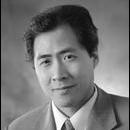
Consumer Product Patent Research
"I could not be any more happier than to work with Roy. I went to law school myself; however, I do not have enough expertise in patent area, but Roy made everything both easier and faster on our end. I interviewed many attorney before hiring Roy, but I hired Roy because of his experience - you would need at least attorney with 10+ years experience in patent world - and his dedication and willingness to understand your needs many times without charing consultation fees. Roy is flexible and willing to work on payment options. Roy walked me through step by step explaining how everything works, and Roy is always available to me when my schedule is tight, even at 9 p.m.. Roy produced a very dedicated and diligence work product. Sometimes, I think Roy did more than he should. As a result, I am happy with his work. I cannot say enough good things about Roy, and I think anyone who hires Roy will not be disappointed."
Paul N
.
Las Vegas,
NV,
over 8 years ago
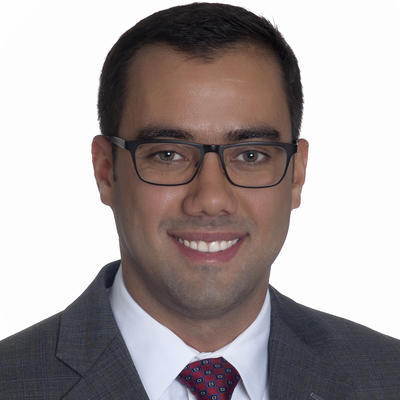
Hardware
"Great communication. Great person."
Rasheedah L
.
Las Vegas,
NV,
over 8 years ago
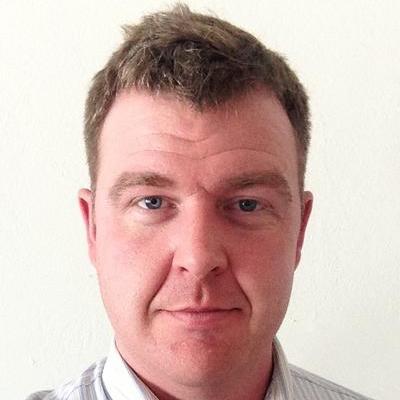
Provisional to Non-Provisional Patent Filing
"Ryan J. Cann was without a doubt the best attorney I ever hired. I would tell the world what a great job he did for me and hire him again in a second. Thank you Ryan J. Cann !!!!"
Sherry R
.
Gardnerville,
NV,
over 9 years ago
Related Articles
How Long Do Patent Applications Take to Process?
- 13 min read
Key Takeaways
- Filing a provisional or nonprovisional patent application grants "patent pending" status immediately upon USPTO submission.
- Provisional applications are not examined and last up to one year; nonprovisional applications undergo formal examination.
- Utility patents typically take 1–5+ years for a final decision, depending on backlog and technology type.
- Accelerated programs like Track One and the Patent Prosecution Highway can significantly reduce wait times.
- Abandoned or poorly drafted applications can delay or derail the process.
- Not all patent applications lead to granted patents; compliance with legal and technical standards is essential.
Wondering how long does it take to get a patent pending status? It occurs the moment you file a provisional patent application (PPA) or a regular patent application with the USPTO.
How Long Does Patent Pending Last: What Is the Process?
Patent pendi
...
Read MoreKey Takeaways
- The America Invents Act (AIA) revolutionized U.S. patent law by shifting from a First to Invent to a First Inventor to File system, harmonizing U.S. practices with international standards.
- The AIA introduced Post-Grant Review (PGR) and Inter Partes Review (IPR) to streamline patent challenges and reduce litigation costs.
- The Act aimed to reduce patent backlogs and encourage innovation, but critics argue it favors large corporations over individual inventors.
- Micro entity and small entity provisions reduced fees to promote accessibility for independent inventors and startups.
- The AIA established new programs such as virtual marking, pro bono patent assista
...
Read MoreKey Takeaways
- A non-obvious invention is one that would not be obvious to someone with ordinary skill in the relevant field.
- The non-obvious requirement is distinct from novelty and utility, and often the most difficult patentability hurdle.
- Courts use several legal tests and rationales to assess obviousness, including the Graham factors and guidance from KSR v. Teleflex.
- Non-obviousness may be supported by secondary considerations such as commercial success, long-felt but unsolved needs, and industry praise.
- Real-world non obvious examples help illustrate the practical line between inventive steps and routine improvements.
What Is Non-Obvious?
Non-obvious is a requirement for patent protection that literally means your invention is not obvious to someone who is in the same industry. A new invention needs to be unexpected or surprising and cannot be anticipated by looking at the existing technology or prio
...
Read MoreKey Takeaways
- Kimble v. Marvel Entertainment reaffirmed the long-standing Brulotte v. Thys Co. rule, which prohibits collecting patent royalties after a patent’s expiration.
- The case emphasized the principle of stare decisis, with the Supreme Court deferring to Congress for any changes to patent royalty laws.
- The ruling highlighted that patent rights end upon expiration, though creative licensing structures can still allow post-expiration compensation under non-patent terms.
- Justice Kagan’s majority opinion defended the balance between innovation and competition established by existing patent law.
- The decision remains controversial among legal scholars w
...
Read More